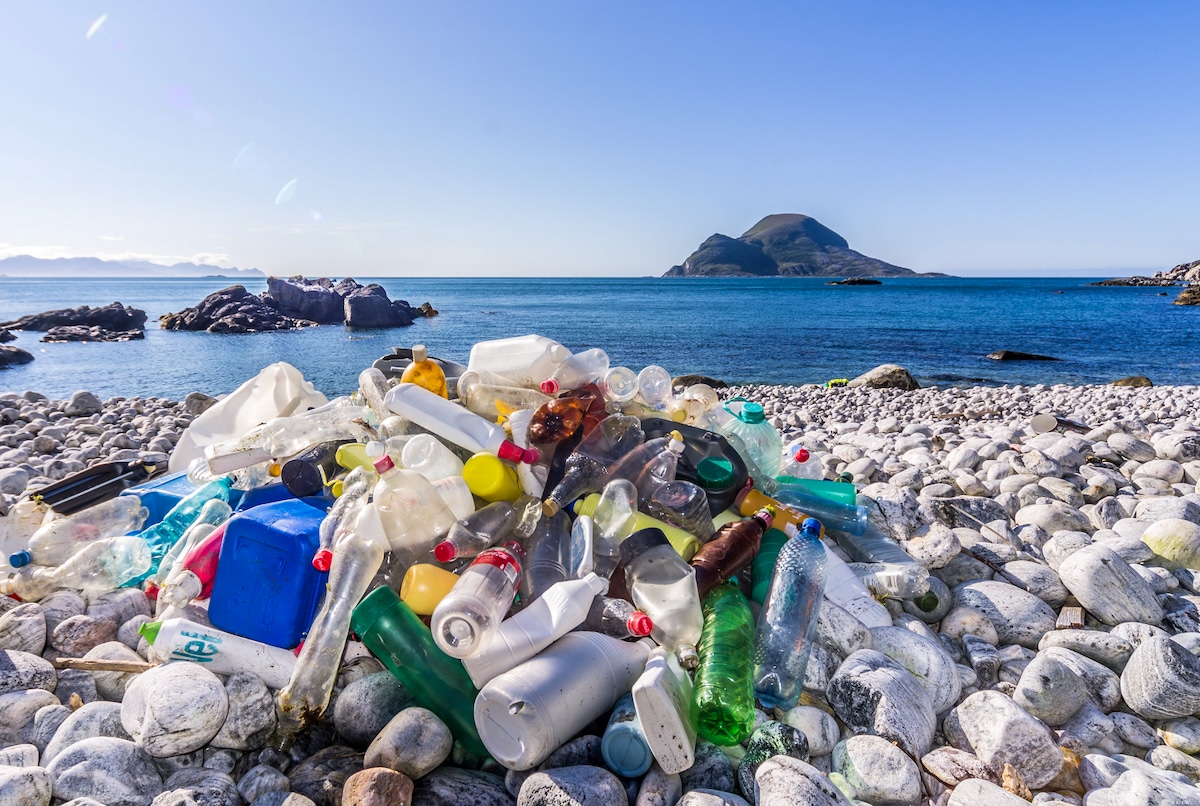
Scientists have uncovered a new source of hazardous "forever chemical" pollution: the rechargeable lithium-ion batteries found in most electric vehicles.

A new study on plastic pollution in 84 countries has linked half of branded plastic pollution to only 56 firms, with about 24% of the plastic waste analyzed connected to only 5 companies Coca Cola, PepsiCo, Nestle, Danone and Altria.

This is the first study to comprehensively estimate the link between increased antibiotic resistance and air pollution globally.

Experts and advocates widely agree that humans are generating waste worldwide at levels that are unmanageable and unsustainable.

Almost no area of land on Earth has levels of air pollution deemed safe by the World Health Organisation, a new study has found.

Plastic pollution in the world's oceans has reached "unprecedented levels" over the past 15 years, a new study has found, calling for a legally binding international treaty to stop the harmful waste.

A new U.S. study released earlier this month reports on a worrying link between higher levels of air pollution and faster bone loss through osteoporosis

Carbon pollution from China's coal-intensive economy last year outstripped the carbon pollution of the US, the EU, and other developed nations combined, making up a 27 % of all greenhouse gas emissions worldwide.

Children exposed to air pollution, such as wildfire smoke and car exhaust, for as little as one day may be doomed to higher rates of heart disease and other ailments in adulthood, according to a new study.

Between 2015 and 2018, some 14 million older, poor quality vehicles were exported from Europe, Japan and the US. Four out of five were sold to poorer countries, with more than half going to Africa.

In 2018, ExxonMobil announced its intention to reduce its methane emissions and gas burning. But newly leaked documents reveal that Exxon actually plans to increase its carbon production by 17% by the year 2025.

Even if governments around the world meet their ambitious global commitments, worldwide annual emissions to rivers, lakes and oceans could be as much as 53 million metric tones by the year 2030.

Recent study revealed that ocean plastic pollution will triple by 2040 if nothing is done to stop it. That translates to a horrifying 50 kilograms of plastic per 1 meter of shoreline.

A shocking 53.6 million metric tons of electronic waste were discarded last year, a new UN-backed report has revealed. It's equivalent to 350 cruise ships which could create a line 125 km long.

Almost one billion tonnes of plastic will be dumped on land and in the oceans over the period from 2016 to 2040 unless the world acts, say a team of 17 global experts.